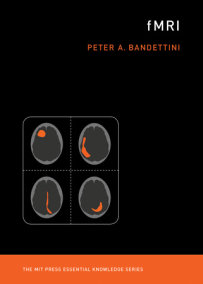

If the problem keeps leading us up blind alleys, why can't we walk away from it? Because the issues it joins are essential to an understanding of human action and of man's place in nature. Finally, and, worst of all, for those of us who are not attached to one of the standard positions, it has become hard to sort new proposals into the serious and the nutty.

Some of the most intriguing ones to emerge in recent years are to found in Robert Nozick's account of "contra-causal freedom" but, I am sorry to report, the account is ultimately inscrutable. I now see how naive and vain my hope was.) Genuinely new ideas are scarce. (When I began writing this book I entertained the hope that getting a more precise fix on determinism would help. No advances in philosophy of science or cognitive psychology seem to move the problem forward. The positions are well staked out and the opponents manning them stare at one another in mutual incomprehension. The determinism-free will controversy has all of the earmarks of a dead problem. Gabbay, and Paul Thagard.Įarman wrote in 1986 ( Primer on Determinism, p. His A Primer on Determinism describes the history from the classical mechanical determinism in pre-Newtonian physics to quantum mechanics, which he claims is more deterministic than classical mechanics.Įarman is also co-author of the 2006 Philosophy of Physics (2-volume Handbook of the Philosophy of Science) with Jeremy Butterfield, Dov M.

John Earman is a philosopher of science who in 1986 wrote a most influential book on physical determinism.
#JOHN EARMAN BOOKS FREE#
Henry Quastler Adolphe Quételet Pasco Rakic Lord Rayleigh Jürgen Renn Emil Roduner Juan Roederer Jerome Rothstein David Ruelle Tilman Sauerīiosemiotics Free Will Mental Causation James Symposium


 0 kommentar(er)
0 kommentar(er)
